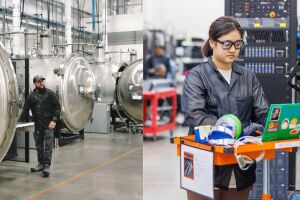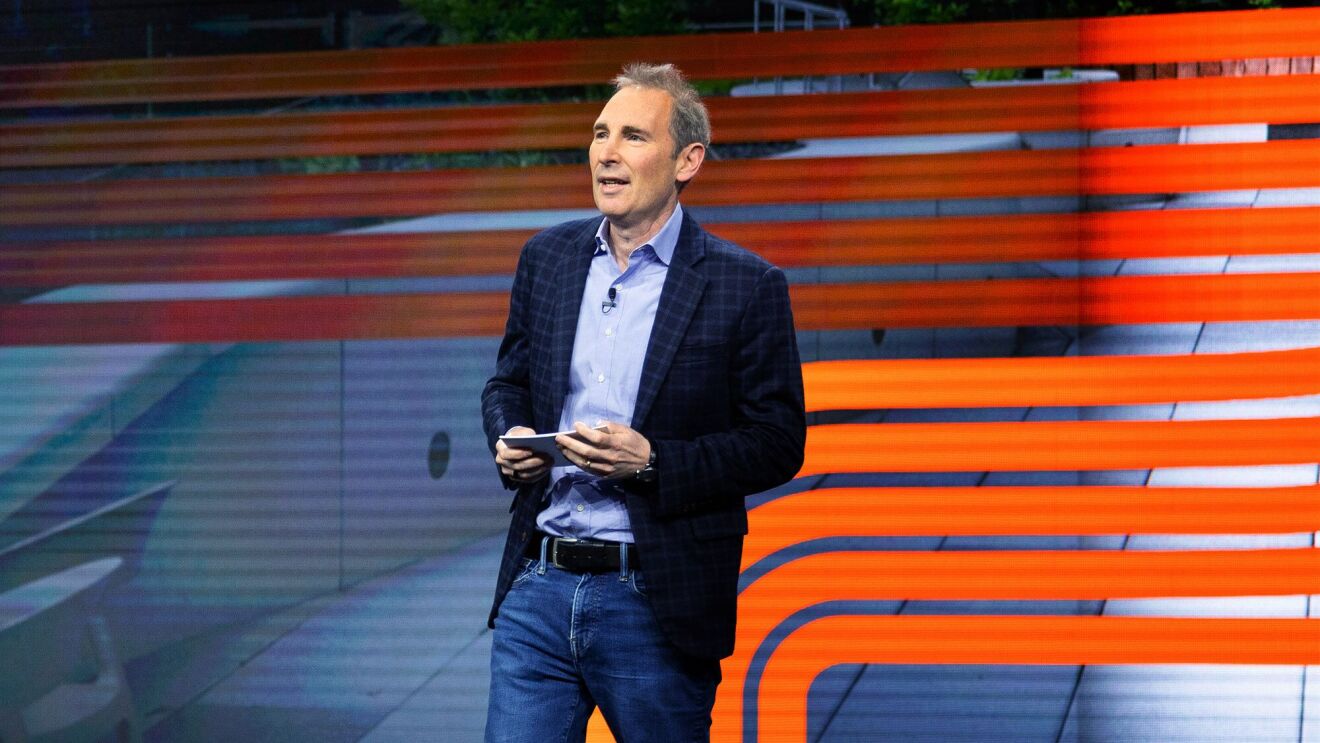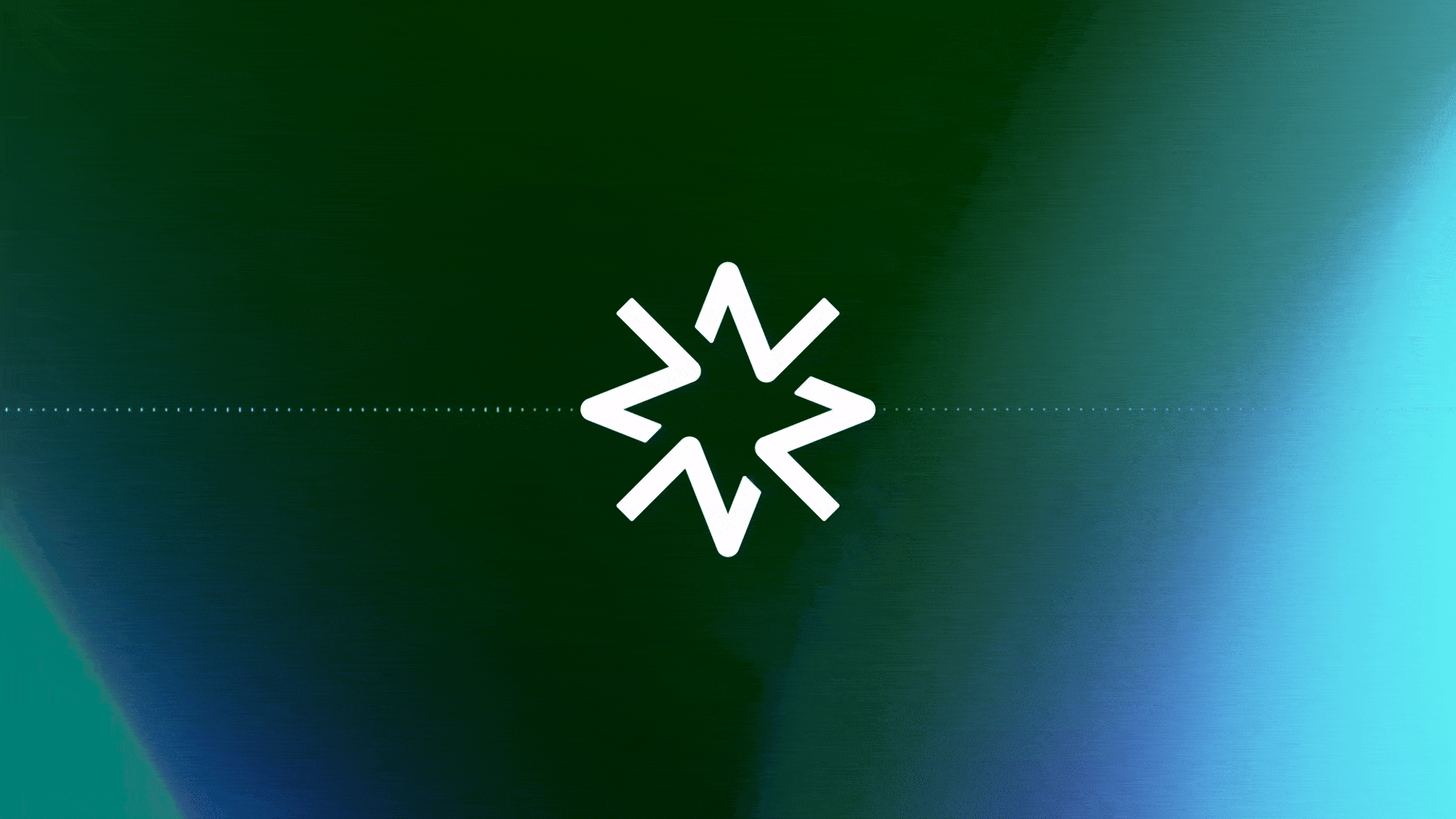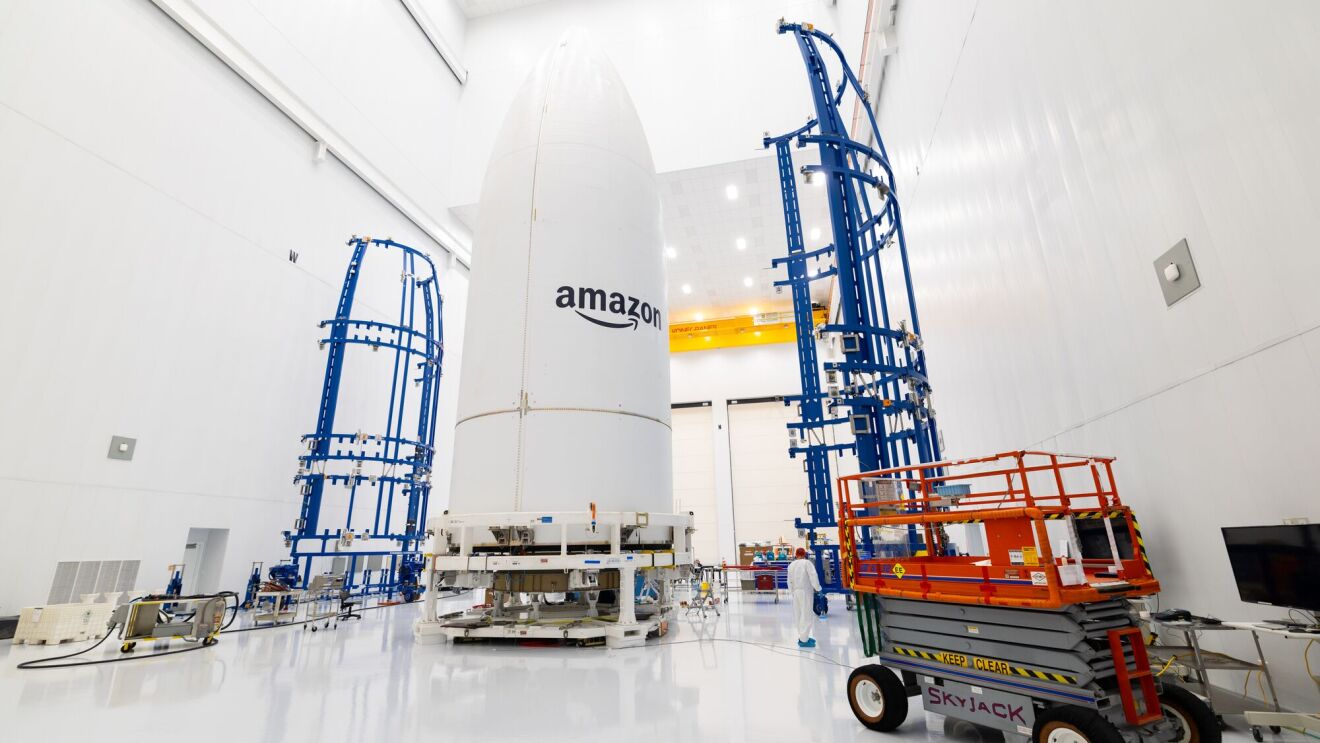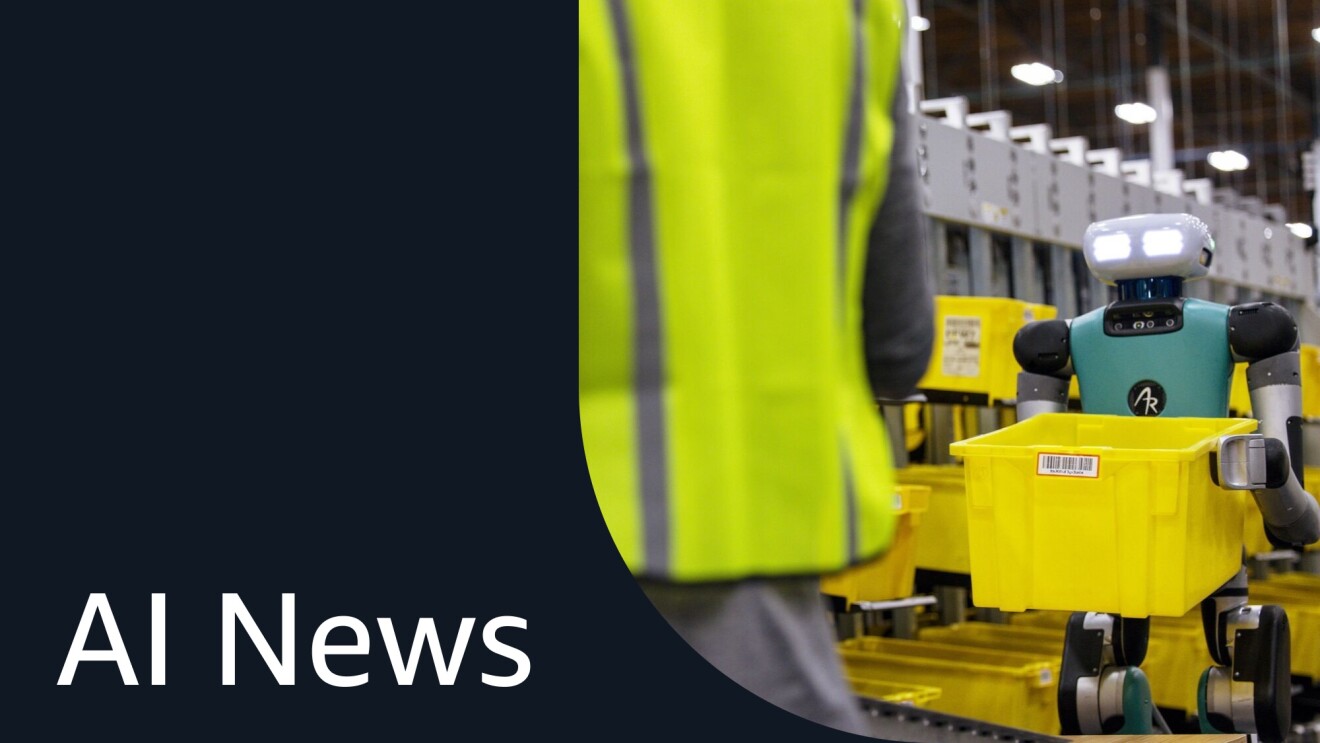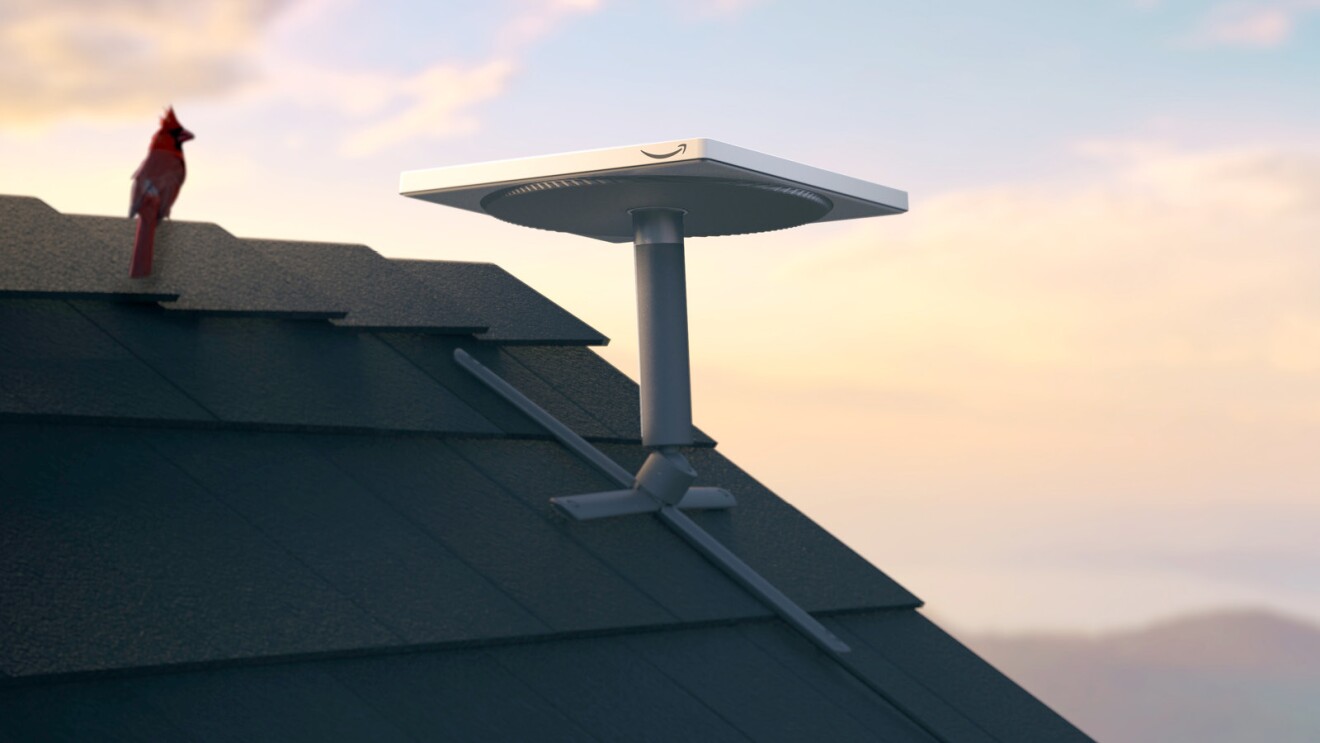Project Kuiper, Amazon’s low Earth orbit (LEO) satellite broadband network, is increasing its investments in the Puget Sound region as it prepares to begin deploying its satellite constellation this year. Through a new training partnership with a local college, Lake Washington Institute of Technology, and a new logistics facility in Everett, Project Kuiper is deepening its commitment to the region and its workforce. These initiatives position Project Kuiper to scale satellite production and bring the benefits of affordable connectivity to customers around the world.
Creating high-tech career paths for local students
Manufacturing satellites requires many different skill sets, leading to new opportunities for the local workforce. Project Kuiper has partnered with Lake Washington Institute of Technology—Washington state’s only public institute of technology—to create their first-ever satellite technician certificate program. In addition to helping develop the program and coursework, Project Kuiper donated 150 tools for use in the classroom and lab and will provide regular guest lecturers to provide insights on their work.
“Amazon is deeply committed to the Puget Sound region, and having Project Kuiper located here strengthens our ties and provides an opportunity to fortify the area’s world-class technology workforce,” said Brian Huseman, vice president of Public Policy and Community Engagement at Amazon. “Our partnership with Lake Washington Institute of Technology will help create a pipeline of future satellite technicians to meet the evolving needs of this area’s thriving space and satellite sectors, and give more people the opportunity to take part in Project Kuiper’s important mission.”
Students in the program will gain the skills and knowledge necessary to excel in the Puget Sound region’s expanding space and satellite industry. The coursework focuses on safety protocols, basic and advanced aerospace assembly skills, materials handling, electrical systems, emerging technologies, and industry-standard practices. The program consists of two 16-credit certifications—Aerospace Assembly Specialist and Aerospace Manufacturing—that can be completed in two semesters total. Registration opened May 6, and classes will start this July.
Amazon will include the two satellite certification tracks in its Career Choice program, which offers prepaid education and skills training programs for hourly warehouse employees. Those employees have the option to enroll in the new Lake Washington Institute of Technology courses and pursue a career within the emerging satellite technology field.
 A Project Kuiper employee operates a CNC milling machine.
A Project Kuiper employee operates a CNC milling machine.“Lake Washington Institute of Technology plays a unique role in preparing students in Washington state for careers working with the most innovative technologies. Industry partnerships like this collaboration with Amazon’s Project Kuiper are what make our students so successful. Together, we are providing real-world training for satellite technicians to work in the rapidly growing space industry,” said Dr. Amy Morrison, president of Lake Washington Institute of Technology.
Expanding opportunities in Everett
Project Kuiper designs and builds its satellites in-house and has a wide-ranging third-party supplier program to secure the raw materials and components needed to do so at scale. To support supply chain reliability, Project Kuiper is opening a new receiving and logistics facility in Everett, Washington. This hub will streamline operations and manage inventory of third-party materials to ensure predictable production operations at Project Kuiper’s nearby satellite manufacturing facility in Kirkland, Washington.
"I am thrilled to welcome Amazon's new Project Kuiper facility to Everett. This investment not only strengthens our region's reputation as a hub for aerospace innovation, but also creates valuable job opportunities for our residents,” said Everett Mayor Cassie Franklin. “The space industry is a rapidly growing sector, and Everett is proud to play a role in helping it thrive in Washington state. We are grateful for Amazon's commitment to our community, look forward to the positive impact this facility will have on our local economy, and excited to put our stamp on a project that will help transform the world.”
Once fully online in June 2024, the new facility will bring approximately 200 skilled technician jobs to the Everett area. Hiring is already underway for a range of roles.
Scaling satellite manufacturing in Kirkland
 A Project Kuiper employee inspects machine tool parts.
A Project Kuiper employee inspects machine tool parts.Meanwhile, work is in motion at another one of Amazon’s investments in Puget Sound, providing additional economic opportunities in the region. Satellite manufacturing is underway at Project Kuiper’s recently opened full-rate factory in Kirkland. The dedicated, 172,000-square-foot facility will allow Project Kuiper to build up to five satellites per day at peak capacity. After teams construct and quality-test these satellites, Project Kuiper ships them to Cape Canaveral, Florida, for final processing and integration with the rockets that will carry them to space.
“With our manufacturing facility in Kirkland coming online, we’re able to ramp satellite production ahead of our first launch and move faster in our mission to connect the world,” said Steve Metayer, Project Kuiper’s vice president of production operations. “Just like our advanced satellite design, we conceived our production line and manufacturing processes fully in-house. We also have a top-tier team delivering consistent, high-quality work every step of the way, allowing us to deliver the performance our customers expect with the safety and value Amazon prioritizes.”
Last October, Project Kuiper kicked off its Protoflight mission, launching two satellites aboard an Atlas V rocket from United Launch Alliance (ULA). That mission achieved a 100% success rate, allowing Project Kuiper to validate every key system and subsystem onboard its satellites within 30 days and demonstrate network performance. Now, the team is shifting focus to the first full-scale launch of Kuiper production satellites, kicking off a regular cadence of launches to deploy the entire 3,232-satellite constellation.
There are more than 2,000 Amazon employees in the Puget Sound region working on Project Kuiper, and the team continues to grow. If you’re interested in working on Project Kuiper, explore our open roles.
Trending news and stories
- Amazon Pet Day 2025 is coming May 13-14 with 48 hours of deals on pet products and supplies
- LinkedIn names Amazon a top US company where people want to work for the eighth year in a row
- CEO Andy Jassy’s 2024 Letter to Shareholders
- AWS is first major cloud provider to deliver Mistral AI’s Pixtral Large as a fully managed, serverless model



